LED degrade over time?
PoorOwner
15 years ago
Related Stories
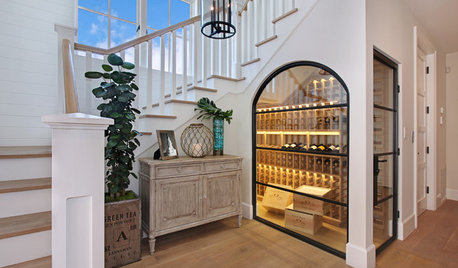
LIGHTINGWhat to Know About Switching to LED Lightbulbs
If you’ve been thinking about changing over to LEDs but aren't sure how to do it and which to buy, this story is for you
Full Story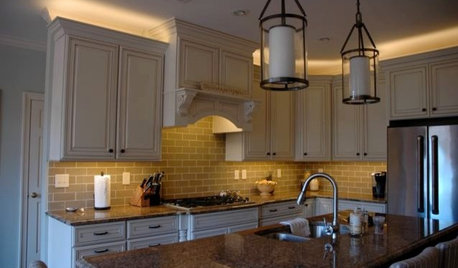
LIGHTINGThe Lowdown on High-Efficiency LED Lighting
Learn about LED tapes, ropes, pucks and more to create a flexible and energy-efficient lighting design that looks great
Full Story
EVENTSOn Show: The Greatest Invention of Our Time
An exhibit spotlights remarkable new directions for an object we'd all be hard pressed to live without
Full Story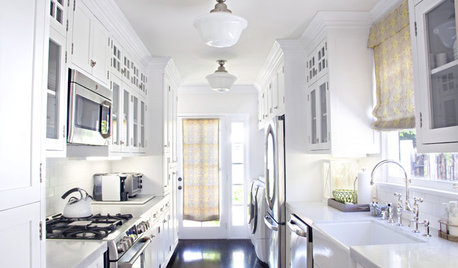
LIGHTINGWhy It’s High Time to Reconsider Flush-Mount Lights
Look past your negative perceptions and see how versatile these lights can be
Full Story
KITCHEN OF THE WEEKKitchen of the Week: Designed to Stand the Test of Time
Ageless beauty abounds in this elegant European-inspired kitchen in Minnesota
Full Story
DECORATING GUIDES10 Popular Home Design Trends — Timely or Timeless?
Weigh in on whether these of-the-moment decorating elements will have staying power or become a memory of these times
Full Story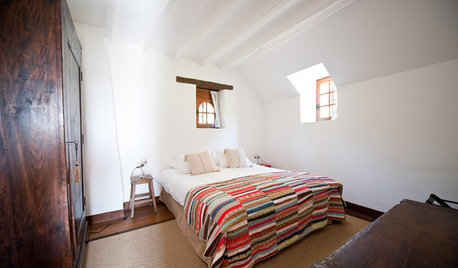
DECORATING GUIDES8 New Takes on Time-Honored Textiles
Crocheting, quilting and even macramé are weaving through today's interior decorating in creative reinterpretations
Full Story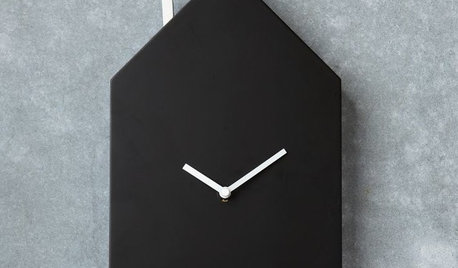
PRODUCT PICKSGuest Picks: Time to Buy a Clock
Cell phone screens just can’t compete with the charm of analog timepieces like these
Full Story
LIFEWorld of Design: Discoveries of 10 First-Time Homeowners
See how people around the globe have shaped their starter houses and made them their own
Full Story
KITCHEN DESIGNKitchen of the Week: A Part-Time Space Fully Satisfies
A scaled-down approach doesn't mean sacrificing, in this heavenly white kitchen with all the modern conveniences
Full Story








lightguy
gopal_coimbatore_gmail_com
Related Professionals
Romeoville Lighting · Indianapolis Furniture & Accessories · Kearny Furniture & Accessories · Rock Hill Furniture & Accessories · Santa Barbara Furniture & Accessories · Dumont Furniture & Accessories · Naples Furniture & Accessories · Linton Hall Interior Designers & Decorators · Clermont Decks, Patios & Outdoor Enclosures · Estero Decks, Patios & Outdoor Enclosures · Fairfax Decks, Patios & Outdoor Enclosures · Lake Arrowhead Decks, Patios & Outdoor Enclosures · Riverside Decks, Patios & Outdoor Enclosures · St John's Kirk Decks, Patios & Outdoor Enclosures · Verde Village Decks, Patios & Outdoor EnclosuresDavidR
roadbike
polar_sean
triphase